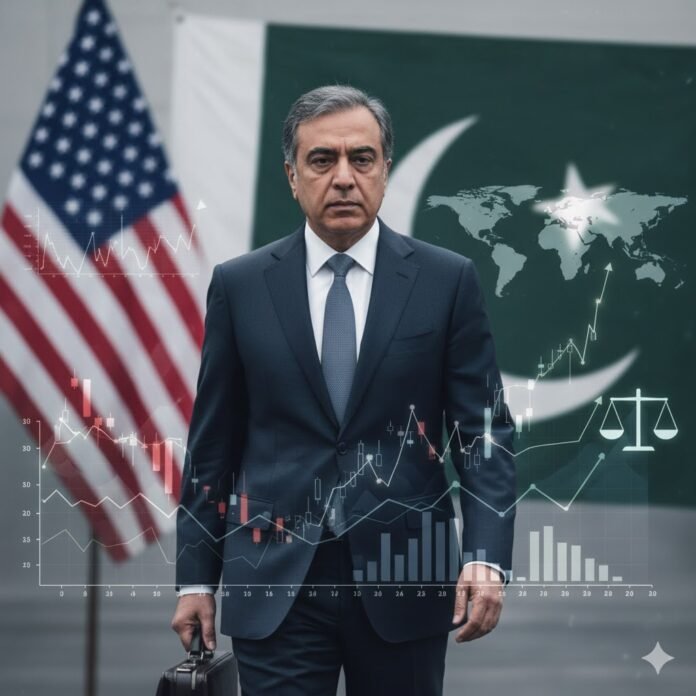Pakistan’s Finance Minister Muhammad Aurangzeb has come to Washington D.C. to meet the International Monetary Fund (IMF) for what some economists describe as one of the most critical points for the country’s brittle economy. Washington D.C. is the location of these meetings because of growing economic and fiscal pressures and the Washington D.C.-based IMF controlling the purse springs for economically and fiscally fragile republics such as Pakistan. The Pakistan IMF deal is being seen as a turning point for economic recovery.
Soaring inflation and unemployment, depreciating the Pakistan rupee, and the consequent public unrest resulting in violence and civil disobedience in economic and fiscal fragile republics such as Pakistan make these meetings and arrangements all the more critical. Experts believe that a strong Pakistan IMF deal could provide temporary stability and help rebuild trust among investors and financial institutions.
Negotiations to get a Pakistan’s new Extended Fund Facility (EFF) arrangements which is a critical and repeat access norm for Pakistan is designed to aid the country stabilize balance of payments to get positive investor sentiment in the country and more non-IMF aligned aid. The Pakistan IMF deal will play a key role in unlocking such assistance.
Other non-IMF aligned aid organizations provide aid to Pakistan on the quid various conditions defined within the confines of the IMF and aid provided from the IMF. Therefore, the success of the Pakistan IMF deal is not only essential for Pakistan’s short-term fiscal health but also for its long-term credit credibility in the international market.
The government has been fiscally and economically republic for some time and consequences in the form of civil disobedience and unrest are a possibility. The increase electricity prices and the absence of fiscal and economic austerity encouraged civil disobedience and unrest. Economic and fiscal unrest are a possibility from the new IMF arrangements as these traditionally come with austerity measures.
Mind the IMF traditional cut refunds of which the country loses aid and assistance provide to the country. Many citizens fear that the Pakistan IMF deal may bring more economic hardship through price hikes and subsidy cuts. Still, policymakers argue that without a strong Pakistan IMF deal, Pakistan risks deeper fiscal instability.
As discussions in Washington progress, the Pakistan IMF deal remains the focal point of national debate. Whether it provides relief or more strain, the Pakistan IMF deal will shape the country’s economic direction for years to come.



